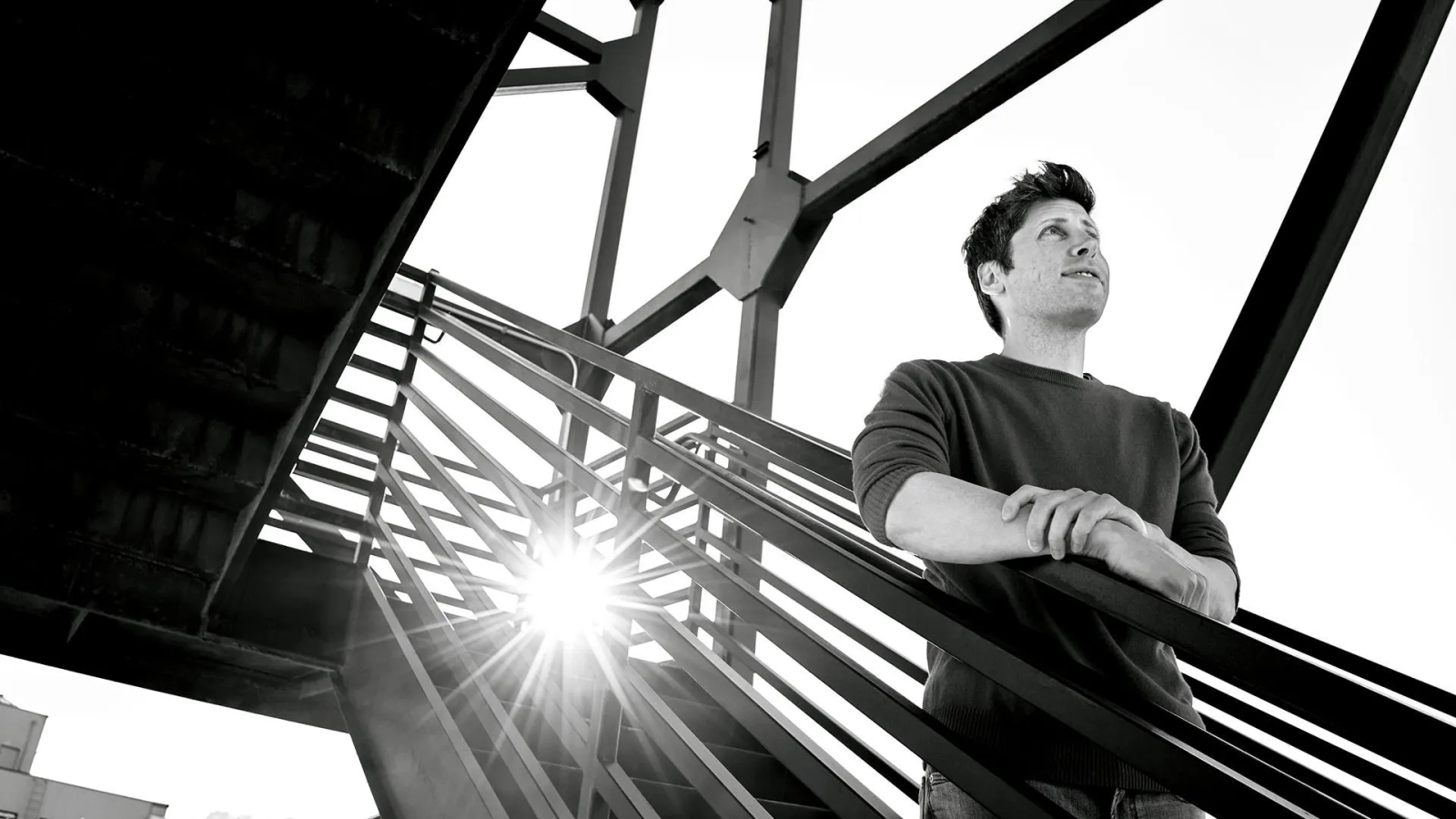From fertility tech to quantum sensing, four Melbourne startups took centre stage at LaunchVic’s 2025 Gala as part of a broader $3.75 million push to grow Victoria’s startup sector.
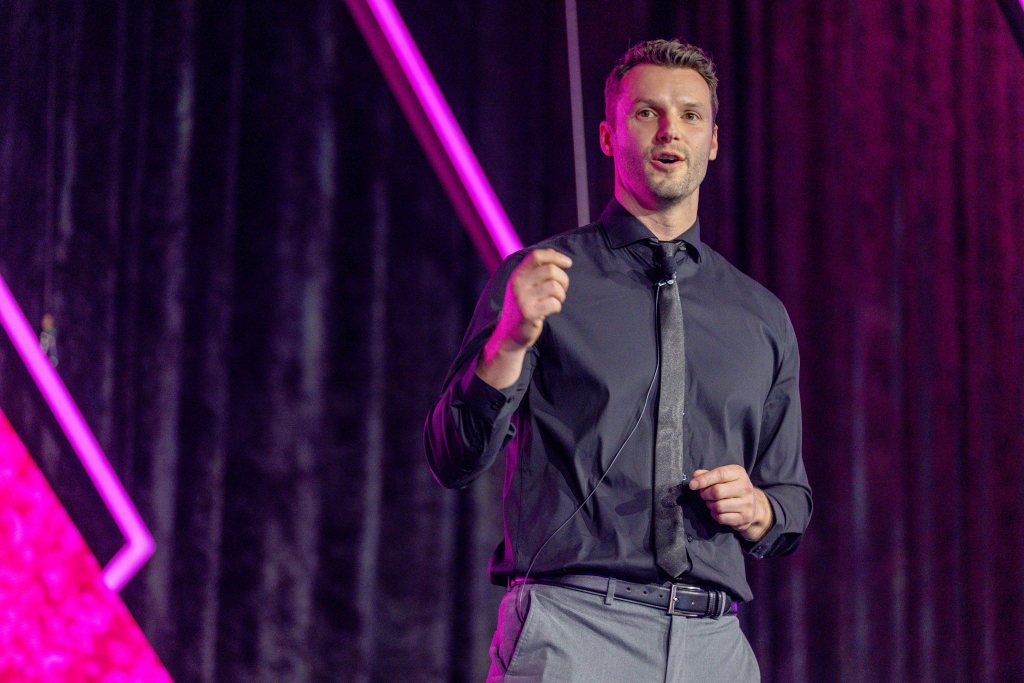
There are more than 400 frontier tech startups in Victoria, according to the state’s startup agency LaunchVic. Consisting of companies specialising in deep tech, biotech, and advanced manufacturing, ‘frontier technology’ can be summarised as pushing the boundaries of what is possible.
The value of frontier tech firms in Victoria has grown 33-fold over the last decade, according to LaunchVic data, and now accounts for 19 per cent of Victorian startup value.
At the helm of these companies are ‘bold, ambitious risk-takers,’ tackling some of the hardest problems in science and engineering, says LaunchVic’s CEO Dr Kate Cornick.
“They turn what once seemed like science fiction, into reality,” Cornick tells Forbes Australia.
This week, LaunchVic gave a platform – and a microphone – to four of the most impressive deep tech startup founders in the state, inviting them to speak to more than 900 entrepreneurial ecosystem attendees at the annual Startup Gala.
The event was attended by Danny Pearson, Victoria’s Minister for Economic Growth & Jobs, Paul Little AO, the Chair of the Little Group, Carol Schwartz AO, Chair of the Trawalla Group, Rob Philpot, co-founder of Aconex, Sam Kroonenburg, co-founder of A Cloud Guru and Cuttable, Didier Elzinger, co-founder of Culture Amp, and Dr Doug Hilton AO, the CEO of CSIRO.
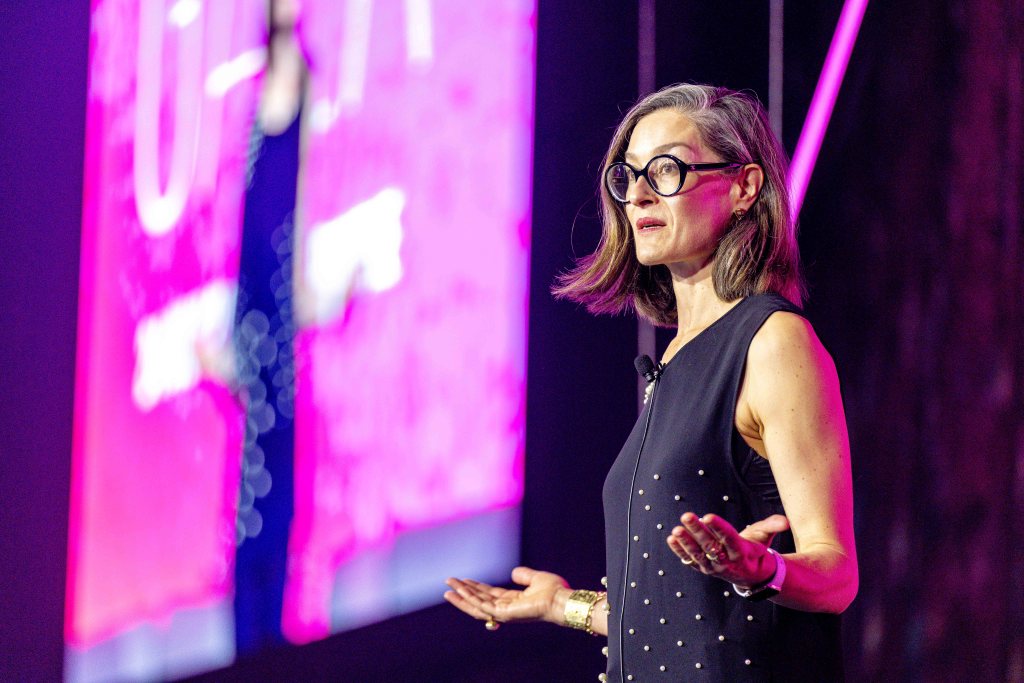
“IVF began right here in Melbourne, Victoria, in 1970,” Ellen Gonda, the CEO and co-founder of fertility startup GonGlobal, told the crowd.
“We’re advancing healthcare by developing a non-invasive, connected drug delivery platform that not only replaces injections of the five key fertility drugs, but also unlocks real-time communication between patients and clinicians, and enables personalisation of care,” says Gonda.
The UC Berkeley graduate founded GonGlobal in Melbourne in 2023, having been through a harrowing IVF journey herself. Two years later, the company raised an oversubscribed $1.6 million pre-seed round, led by Dr. Peter Cronin, alongside Flying Fox Ventures, the Alice Anderson Fund, the University of New South Wales, and Australian Medical Angels.
YieldX
Nadun Hennayaka founded agtech startup Gaia Project, now called YieldX, in 2020.
“We built a growth system, or a cultivation system, that actually follows the plant’s growth cycle,” Hennayak told the Startup Gala audience.
“It only grows or uses space as the plant grows, without wasting any space. Now, that one little shift, let us grow twice the amount of food at the same area, reduce capital cost, and a significant amount of labour.”
Eight years after he started the company CEO Hennayaka closed a $1.7 million round of seed funding, led by Breakthrough Victoria and La Trobe University’s Eagle Fund. Mandalay Venture Partners and LaunchVic’s Hugh Victor McKay Fund also participated in the Gaia/YieldX seed raise.
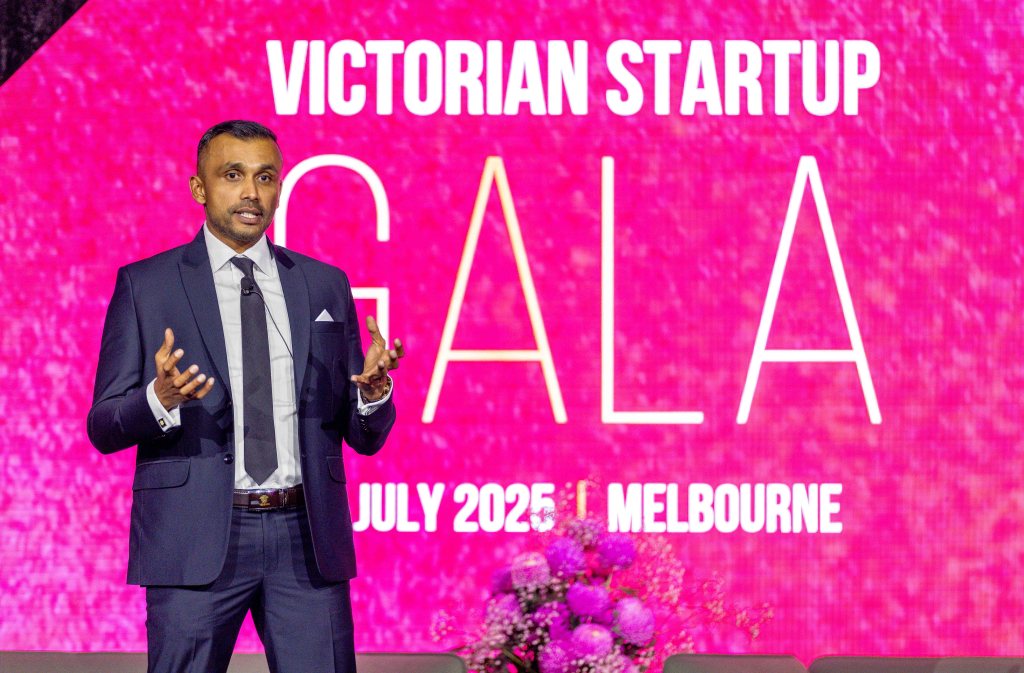
Hennayaka provided investors with proof of concept through a collaboration with La Trobe University and the world’s most well-known space agency.
“We entered one of NASA’s space challenges, to grow fruits in space,” says Hennayaka.
The prototype YieldX submitted to NASA’s Deep Space Food Challenge produced 40 per cent more leafy greens than other food growing solutions. The company now has a patent for its ‘Omni-System’ technology in 49 countries.
“We have a great piece of technology that works in tight, resource-limited spaces, like a spaceship or an out-of-country habitat,” Hennayaka states.
NanoCube Health
Lisa Milani and Materials Science and Engineering PhD Shawn Goussous founded nanorobotics firm NanoCube in 2021. The biotech won the SXSW Sydney startup pitch challenge in 2023, which took the husband and wife founding duo to Austin to pitch in the international competition in 2024.
Their company Nanocube is behind a potentially groundbreaking device that leverages AI to diagnose disease and other structures faster.
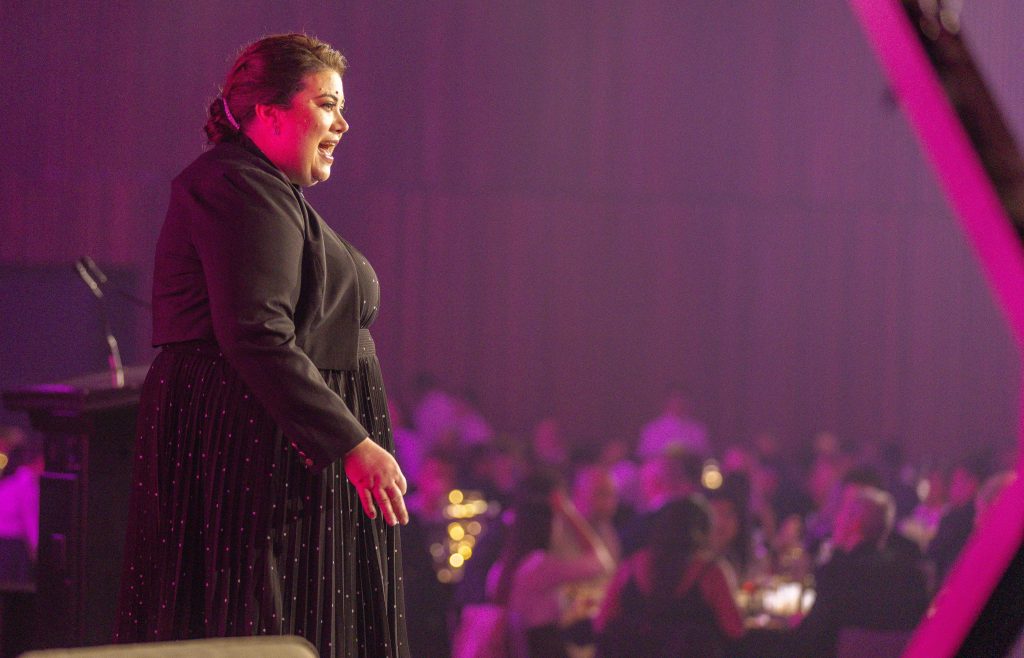
“Whether it’s a silent tumour, or a biological or chemical weapon deliberately released into a crowded stadium, seeing it early is what saves lives,” Milani says. “And that’s exactly what we’re building – technology that makes the invisible visible.”
The nanorobotics technology is currently targeted at expediting detection of pancreatic cancer, but also has potential applications in national security and defence. NanoCube received a $3 million federal grant late last year, to accelerate its work todiagnosing and treating pancreatic cancer.
Nomad Atomics
Founded and led by three ANU Quantum Physicists, Nomad Atomics is “building the next generation of exploration tools that use quantum superposition,” says CEO Kyle Hardman.
In a Ted-like talk, Hardman told the audience that one of these next-generation tools will be quantum sensors.
“The quantum accelerometers that we’re developing are built to reduce our reliance on GPS systems, to help us map the subsurface at high resolution to find the critical minerals necessary for the green transition,” says Hardman.
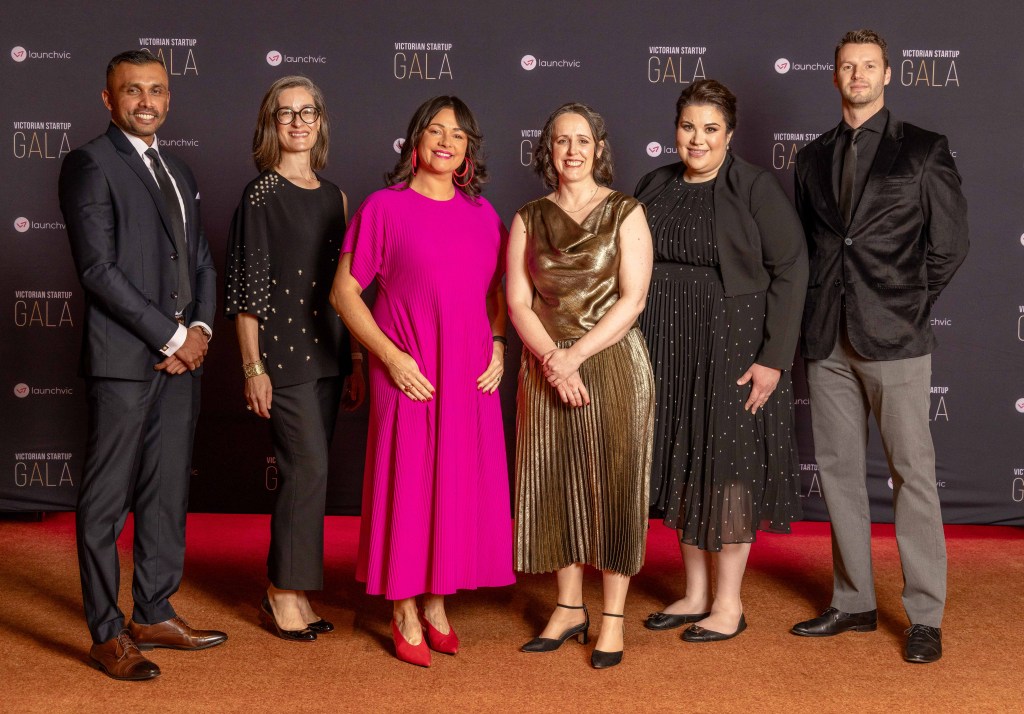
“That same technology is going to be used in Germany to help them map and monitor their underground aquifer systems. And someday soon, it will be a critical tool in our carbon sequestration efforts.”
Nomad Atomics spun-out of ANU in 2020 after attracting a $2 million pre-seed raise from Blackbird Ventures. In 2023, the quantum sensor startup raised a $10 million pre-Series A. Blackbird partner Niki Scevak says that the first industry Atomic will apply its technology to is mining.
“Nomad are honed in on supporting safe underground mining operations as a first use case. Underground mining extracts minerals with minimal disruption to the Earth’s surface by excavating deep underground (as opposed to, for example, surface mining). It is more efficient than other mining methods, but inherently dangerous,” Niki wrote in his investment note.
To achieve this, Hardman says the science that underpins Atomic’s innovation, is simple.
“It’s this idea that you can take an atom and you can put it in two places at the same time. Once you can do that, building new tools and sensors is actually pretty easy. You can just take your atom, you can store some information in it. You can send it out into the world, but in two places at the same time. When you get that atom back, you read that information. And how that information has changed tells you something about the world that it was in.”
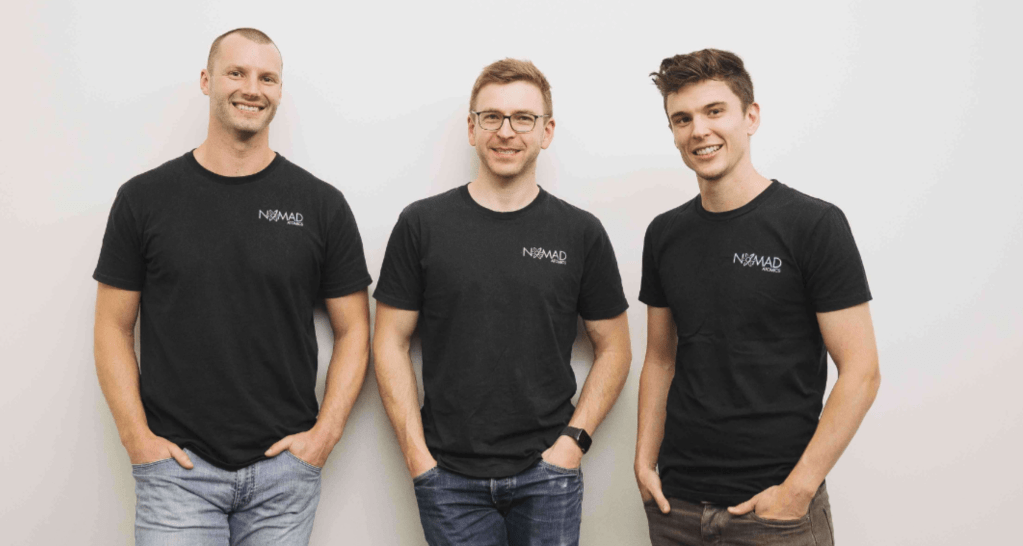
Atomic’s shoebox-sized sensor differentiates it from competitors, Scevak notes, as does the background and tenacity of its co-founders.
“The founding team—Kyle Hardman, Christian Freier, and Paul Wigley, all PhDs—were among the best ultracold atomic physicists in the world. They also had a chip on their collective shoulder: they were sick of seeing quantum sensing done poorly, and they were ready to prove a point,” says Scevak.
Those big ambitions were on display at the Startup Gala, as Alaskan-born Hardman noted the sky is the limit.
“At Nomad, we are pushing the boundaries of sensing to remove the risk from exploration and allow for the pursuit of knowledge in the most challenging frontiers of our world and beyond,” Hardman says.
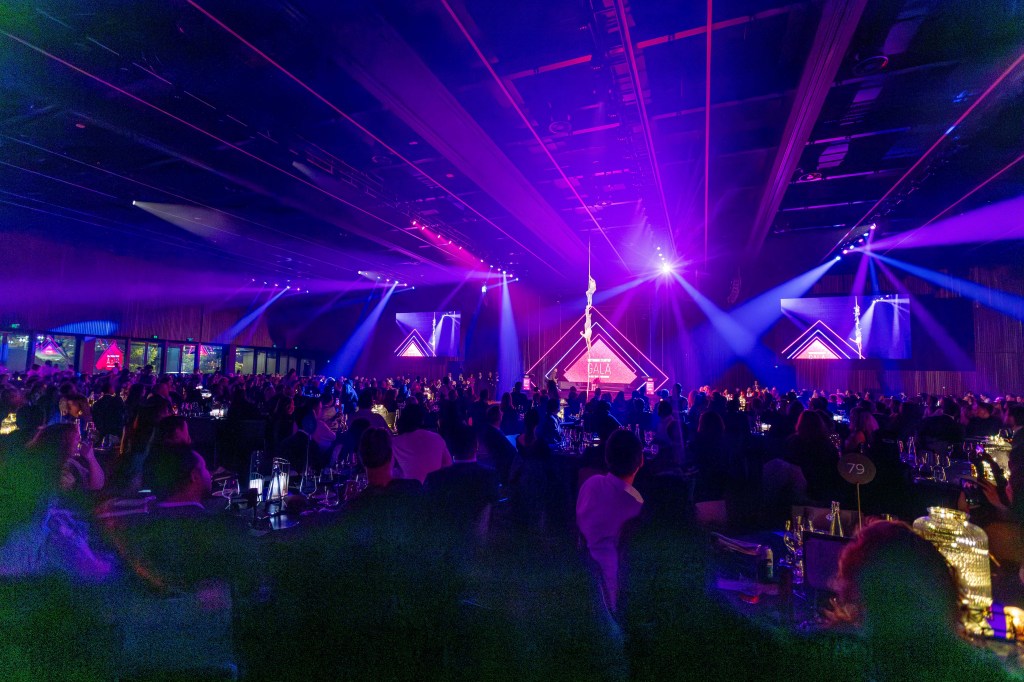
LaunchVic announced during the Startup Gala that it is investing a further $3.75 million in Victoria’s startup ecosystem by funding university entrepreneurship programs, the Aussie Founders Club and the following VC funds:
- Advance VC: Australia’s first VC fund of funds with a focus on secondaries.
- Boson Ventures: A DeepTech fund investing in healthcare, advanced manufacturing, cleantech, and agtech.
- FundBase: A platform making VC and startup investing accessible to retail and wholesale
investors. - Scale: A VC fund supporting women-led startups from pre-seed to Series A.
- Tidal Ventures: A Sydney-based VC expanding into Melbourne to back local B2B and B2B2C
startups. - Triple Bubble: A fintech-focused fund investing pre-product to IPO.
- Unlock Capital: A specialist early-stage fund focused on AI-native startups.
“The funds are expected to collectively raise over $275 million in early-stage capital, targeting local startups from seed to Series A,” LaunchVic states.
“Student entrepreneurship will also get a lift, with $1.45 million in grants awarded to Australian Catholic University (ACU), Deakin University, Federation University and La Trobe University to deliver pre-accelerator programs on campus – expanding startup support to over 90,000 university students across the state.”
Look back on the week that was with hand-picked articles from Australia and around the world. Sign up to the Forbes Australia newsletter here or become a member here.

